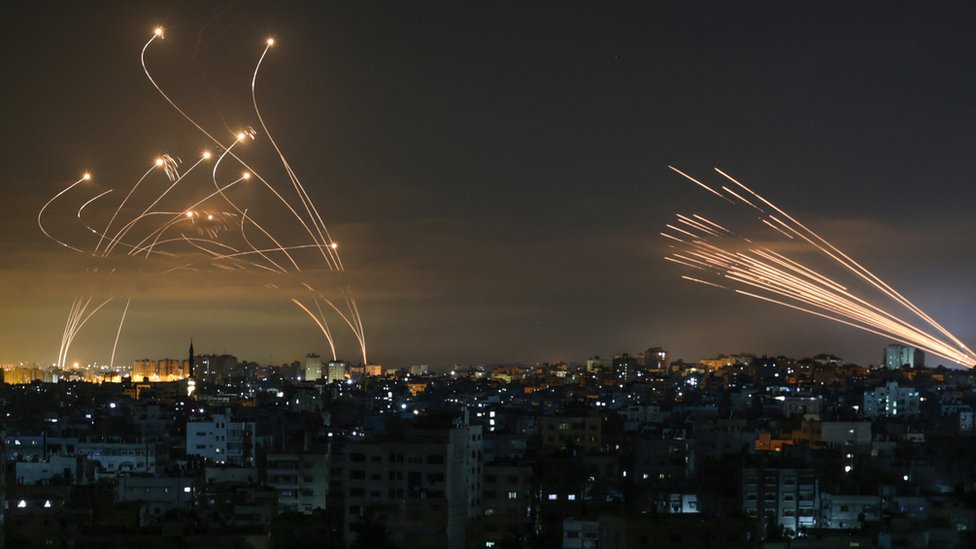Israel has experienced a shortage of anti-aircraft missiles, which it used to defend itself against Iranian and Hezbollah attacks

Israel is facing a shortage of interceptor missiles, which may no longer be enough to repel combined enemy strikes.
Here's What We Know
Israel's three-tiered air and missile defence system proved to be an effective defence during the April attack by Iranian proxies. It achieved 99% efficiency in intercepting 170 drones, 30 cruise missiles and 120 ballistic missiles.
However, in October, the system was less successful in intercepting about 200 Iranian ballistic missiles: three dozen hit Israel's Nevatim air base, while another exploded 700 metres from the headquarters of Israel's foreign intelligence service.

Boaz Levy, chief executive of Israel Aerospace Industries, which manufactures anti-aircraft missiles for the Arrow missile defence system, told the Financial Times that the company is working in three shifts to ensure that production lines run smoothly.
"Some of our lines are running around the clock, seven days a week. Our goal is to fulfil all our obligations," Levy said.
Although Israel does not disclose the size of its stockpile, he added: "It is no secret that we need to replenish our stockpile."
"Israel's ammunition problem is serious. If Iran responds to an Israeli attack and Hezbollah also joins in, Israel's air defences will be stretched. The United States cannot continue to supply Ukraine and Israel at the same rate," said Dana Strawl, a former senior US Department of Defence official responsible for the Middle East.
Source: Financial Times